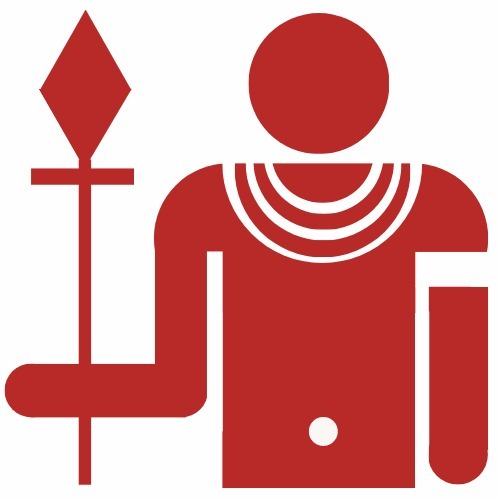The United States Agency for International Development has announced two awards totaling $3.5 million for the Bicycles for Growth Initiative. This program aims to improve sustainable access to affordable bicycles in sub-Saharan Africa.
Bicycles can provide an affordable, accessible, reliable, and efficient alternative to walking, offering more carrying capacity and easier access to necessary destinations
With USAID support, J.E. Austin Associates and World Bicycle Relief will work together to increase mobility in rural areas in sub-Saharan Africa by developing and demonstrating means to rapidly increase bicycle uptake for individuals who cannot afford or do not have access to other transportation – thereby facilitating the opportunity for higher incomes, and better health and education outcomes.
Many communities throughout sub-Saharan Africa struggle to access health services, education, economic opportunities, and basic social services due to long distances and limited transportation options. For rural communities, these challenges are particularly acute. Walking is the main mode of transportation in many parts of sub-Saharan Africa. Bicycles can provide an affordable, accessible, reliable, and efficient alternative to walking, offering more carrying capacity and easier access to necessary destinations.
More than 70 percent of sub-Saharan Africa’s rural residents must traverse long distances without access to roads or transportation to commute to work, transport goods to market, travel to school, or obtain medical care.
The awards will support research on the supply, demand, and supporting systems for access to bicycles in Ghana, Malawi, Rwanda, Uganda, and Zambia. Based on the results of the assessment phase, the teams will implement pilot projects in four to six localities across two of these countries with the goal of reducing barriers to increased supply and uptake of low-cost, durable, and adjustable bicycles. The Bicycle for Growth Initiative represents a simple, but effective approach to addressing a common development challenge.


